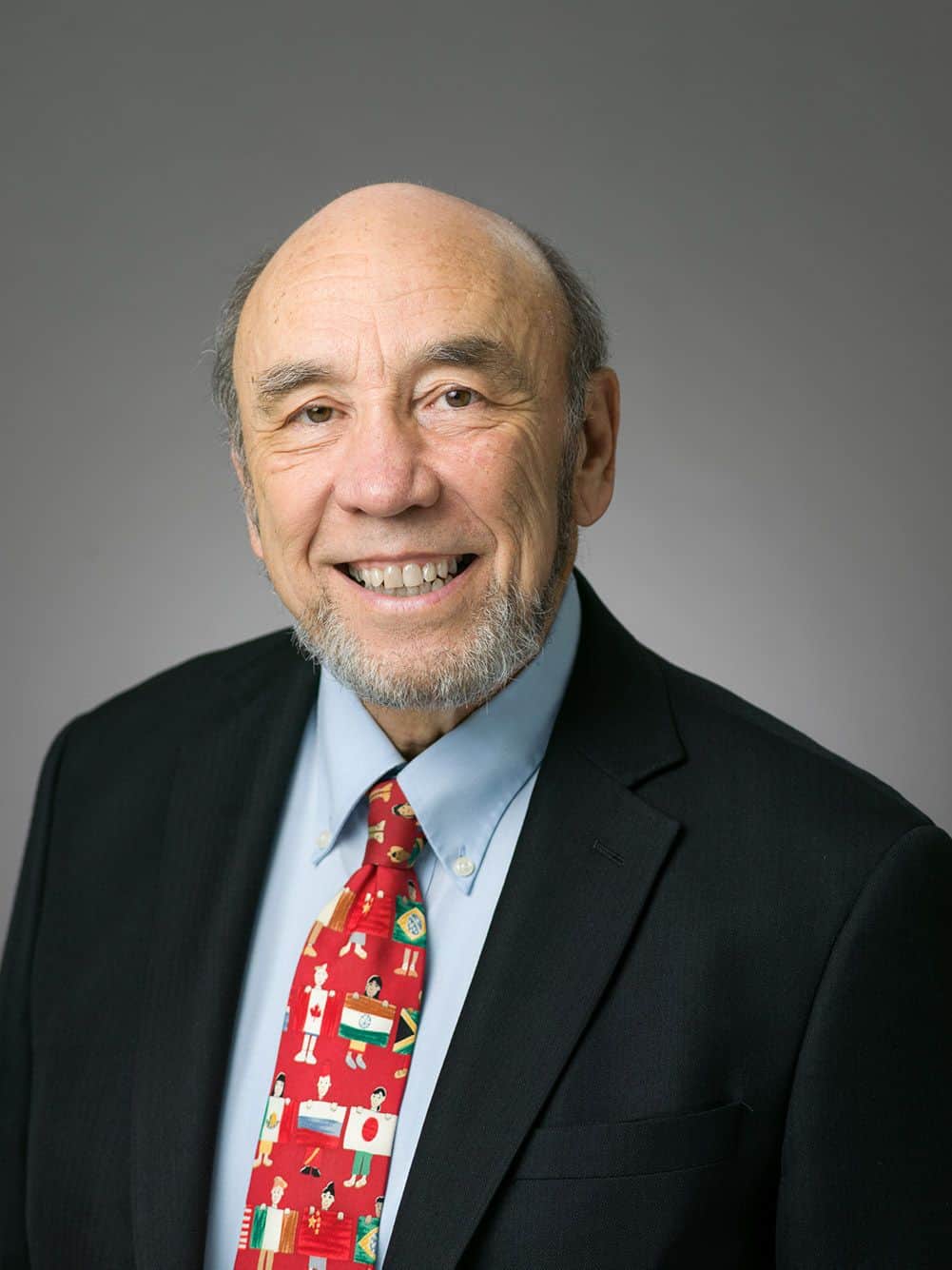In 1983 a handful of the state’s leaders on child & youth issues came together because they saw a need. So many of the problems facing North Carolina’s children felt huge and immovable, and nobody seemed to be focused on them. Those early leaders had a vision of an independent voice for children in our state. What they may not have foreseen was the huge difference that voice could make in the years to come.
The legacy of a unified voice for North Carolina’s children is better lives for millions of children, due to momentous changes in public policy over four decades of collaboration. Together as child advocates we have:
- Cut in half the number of uninsured children in our state, with hundreds of thousands more children getting the care they need each year;
- Halved the child death rate, saving tens of thousands of lives;
- Brought high-quality child care and preschool to thousands of young children each year;
- Removed many toxic environmental hazards from school buildings;
- Ended child marriage in our state; and
- Ended the incarceration of teens in adult jails.
Founding the Voice for North Carolina’s Children
The vision behind NC Child emerged in 1983 with John Niblock, then the Executive Director of the Governor’s Advocacy Council on Children and Youth. John believed that children in North Carolina needed a voice and also realized that the constraints of state government did not allow for that voice to be loud and unfettered. So, with one colleague and a small grant, he took the risk of founding the independent NC Child Advocacy Institute (which later changed its name to Action for Children North Carolina).
The new organization had four key, interrelated strategies: data-gathering, strategic communications, community organizing, and lobbying. That visionary approach remains the hallmark of NC Child to this day.
Launching More High-Impact Initiatives
In 1986, the Institute was first to issue a state-level annual statistical report on children and families, called the North Carolina Children’s Index. In 1990, the Annie Casey Foundation produced a similar national report, now released annually as the KIDS COUNT Data Book. In that same year the foundation designated the NC Child Advocacy Institute as its KIDS COUNT representative in North Carolina, an honor that persists to this day.
The Institute quickly became known for its evidence-based recommendations and played a prominent role in successful campaigns leading to the establishment of high-impact, legacy programs and initiatives. Those initiatives include the likes of Smart Start, created in 1993 and responsible for North Carolina becoming a nationwide leader in high-quality early education for young children. Over the last 20 years, Smart Start’s efforts have nearly doubled the number of young children attending high-quality child care programs in our state.
The Institute also campaigned for the establishment of the Child Fatality Task Force (NC Child maintains a seat on the task force to this day). When the CFTF was founded in 1991, the child death rate in North Carolina was over 100 deaths per 100,000 children. In 2020 that rate was down to 55.5 deaths – nearly half. The results are more than 20,000 children’s lives saved through policies ranging from safe infant surrender laws, to improved driver education.
The Institute’s work in the area of foster care led to the creation of SaySo and the Foster Family Alliance of NC, both of which are doing vital work today to support foster youth and families in our state.
Building Power and Community
In 1996, under the leadership of then-ED Jonathan Sher, the Institute launched a new lobbying arm called the Covenant with North Carolina’s Children. To create a stronger, unified voice for children, the Covenant brought together more than 50 service providers, professional associations, and local advocacy groups from across the state. The Covenant’s membership collaborated on campaigns for children’s health, safety and well-being at the NC General Assembly for two decades.
Action for Children NC (formerly the Institute) and the Covenant with North Carolina’s Children merged in 2014, adopting the name NC Child, and later that year Michelle Hughes became its Executive Director. NC Child focused more intensively on building the power of community through regional advocacy “hubs,” now operating in Asheville, Goldsboro, Greensboro, and Wilmington. The agency deepened its reliance on the expertise of those who truly live the issues – parents and youth – through its Parent Advisory Council and Youth Advocacy Council.
Under Michelle’s leadership, several of the organization’s long-time campaigns came to fruition through collaboration with partners around the state. Among these were:
- The end of corporal punishment in all 115 of the state’s local public school districts;
- Keeping teens out of adult jails through “Raise the Age” legislation;
- Dramatic improvements to the state’s lead poisoning prevention program, eliminating exposures to lead for tens of thousands of young children each year; and
- The merger of the State Children’s Health Insurance Program with Medicaid, improving health coverage for tens of thousands of school-aged children – especially those with special health care needs.
The legacy is better outcomes for our kids.
As we welcome our new executive director Erica Palmer Smith to lead the next phase of development at NC Child, there is so much still to be done for our kids:
- Health coverage for every parent and caregiver;
- Making high-quality child care & early education affordable for thousands more families;
- A mental health system that supports our children’s well-being starting at birth;
- Eliminating lead from children’s drinking water at schools and child care facilities;
- and so much more.
The reason that every one of these outcomes has been possible is all of us coming together to speak up for our kids (and with our kids!) with a unified voice. Collaboration and partnership are core to everything we do at NC Child. Thank you for making every step forward possible.


